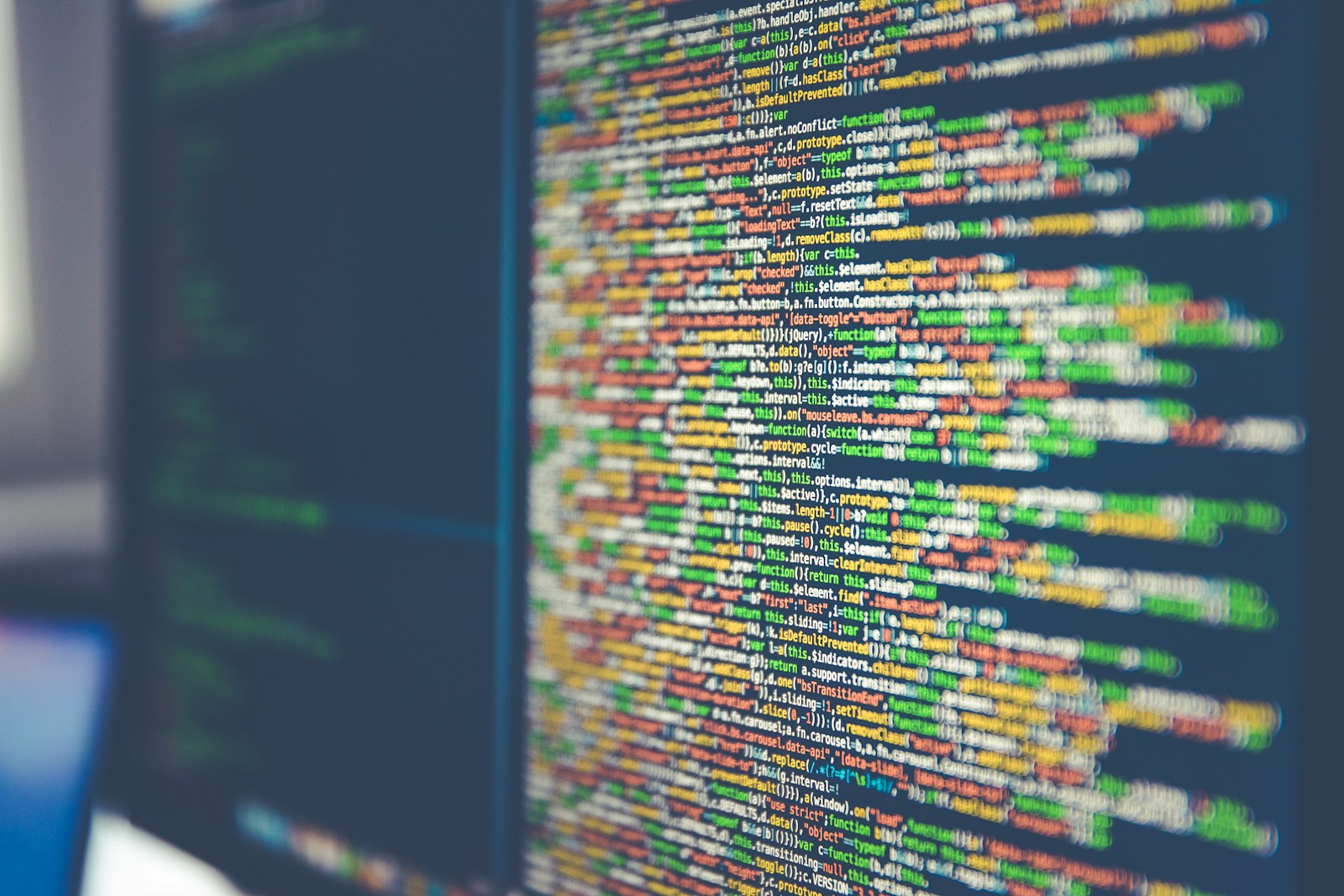Strategic View: Australian medical technology company Harrison.ai secured substantial funding (likely $50+ million based on deal characteristics) to scale its AI-powered radiology and IVF imaging diagnostic tools. The round likely includes regional health-tech specialized funds, exemplifying the “vertical AI” trend applying foundation model capabilities to specific regulated medical workflows .
 Full story: While global attention focuses on general-purpose AI and chatbots, practical healthcare applications are quietly attracting substantial capital. Harrison.ai, an Australian medical imaging AI company, raised a significant funding round in early February—while the exact amount wasn’t disclosed in available sources, deal characteristics suggest $50+ million based on stage and investor profile. The company applies artificial intelligence to read and interpret medical imaging including X-rays, CT scans, and IVF embryo images .
Full story: While global attention focuses on general-purpose AI and chatbots, practical healthcare applications are quietly attracting substantial capital. Harrison.ai, an Australian medical imaging AI company, raised a significant funding round in early February—while the exact amount wasn’t disclosed in available sources, deal characteristics suggest $50+ million based on stage and investor profile. The company applies artificial intelligence to read and interpret medical imaging including X-rays, CT scans, and IVF embryo images .
This exemplifies what industry observers call “Vertical AI”—taking the general analytical power of large language models and foundation AI, then applying it to highly specific, regulated workflows where accuracy and reliability matter far more than conversational ability. Medical imaging interpretation requires analyzing complex visual data, identifying subtle patterns indicating disease or abnormality, and providing diagnostic recommendations that clinicians can act upon. This is fundamentally different from generating marketing copy or summarizing documents .
The investment club deal likely comprises regional health-tech specialized venture funds with deep expertise in medical device regulation, clinical validation pathways, and healthcare reimbursement frameworks. Unlike general AI investing where software engineers evaluate technology, healthcare AI demands investors who understand FDA/TGA approval processes, clinical trial design, and the complex stakeholder dynamics of hospital purchasing decisions. Australia has developed a sophisticated health-tech venture ecosystem centered in Sydney and Melbourne, combining clinical research institutions, regulatory expertise, and growth capital .
The strategic opportunity centers on radiologist workforce shortages across developed economies. Demand for medical imaging continues growing driven by aging populations and expanded cancer screening protocols, while radiologist training pipelines remain constrained. AI tools that can pre-screen images, flag high-priority cases, or provide decision support effectively multiply radiologist productivity—addressing workforce constraints without compromising quality. For Harrison.ai, successful clinical validation and regulatory approval in Australia provides pathway to expand across Asia-Pacific and potentially Western markets where similar shortages exist .
Summary: Harrison.ai’s fundraise highlights Australia’s growing health-tech ecosystem and the “vertical AI” investment theme—applying foundation model capabilities to specific regulated medical workflows. By focusing on radiology and IVF imaging where workforce shortages create clear demand, the company positions AI as productivity multiplier for constrained clinical specialties rather than replacement technology .
Source: KPMG Venture Pulse Q1’25





